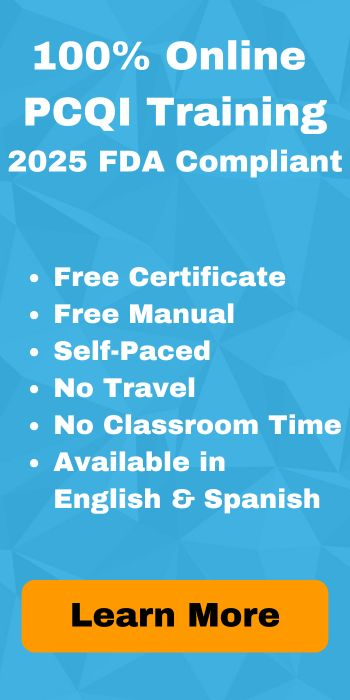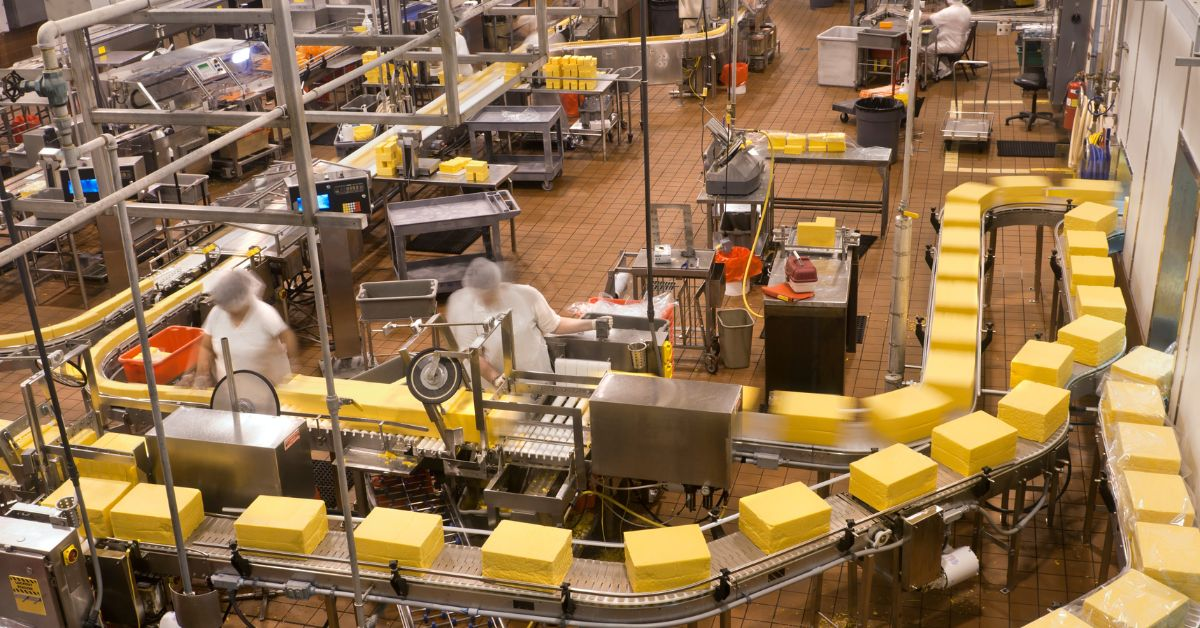
Yes, it may be required by legal regulation or your receiving customer, but a third-party food safety audit can be one of the most important tools for success of your food business. The importance and benefits of food safety audits go beyond just receiving a passing score. A well-managed audit preparation and implementation process builds trust with staff and ensures a smooth audit event. The correction process can be a valuable means of continuous improvement as every audit builds on the results of the previous one. It will also benefit customers, consumers, retailers, and FDA inspectors. It demonstrates that your company prioritizes food safety and operates with professional integrity.
For mid-sized and smaller food producers, the importance of food safety audits is directly related to brand loyalty. A single incident of contamination can cause lasting damage to customer trust. By investing in robust audit programs, your business can safeguard the reputation you have worked hard to establish.
Understanding the Purpose of a Third-Party Food Safety Audit
Food safety audits provide an organized view of a company’s processes, documentation and procedures. They provide a window into the food safety culture. Their purpose is to confirm that in a single snapshot of time, a facility complies with food safety laws and best practices applicable to the audit standard used. Whether you produce baked goods, beverages, packaged snacks, dairy or frozen foods, every step in your production process will be assessed for food safety hazards and controls.
The key reasons why food safety audits are necessary include:
- Consumer protection: Audits indicate that food products are free from contaminants, are safe to consume and contain the labeled ingredients.
- Regulatory compliance: Audits asses that your facility is meeting FDA and USDA regulations, avoiding recalls, fines and shutdowns.
- Market Access: Many retailers and distributors require successful food industry recognized audits before agreeing to sell your products.
- Risk Management: Regular audits identify potential hazards early, reducing the risk of costly recalls.
- Continuous improvement: Regular audits identify areas for growth, promoting more effective processes and robust quality systems.
What to Expect During Food Industry Audits
The third-party food safety audit is conducted by an auditor using a specific auditing scheme, such as GFSI recognized programs such as SQF, FSSC 22000, BRCGS, etc.
As such, they follow a systematic approach. As a basic rule, you will want to plan for these steps:
- Pre-Audit Preparation: Review your food safety plans for each of the products being audited. That includes their processes, training records, cleaning schedules, supplier verification and recordkeeping. A good way to practice is to conduct a series of internal audits.
- On-Site Inspection: Auditors walk through your facility, looking for proper practices in sanitation, allergen control, labeling, storage and other evidence of cGMPs and preventive controls.
- Document Review: Auditors verify that your written procedures match what is happening on the floor.
- Interviews: Food Safety Team members or other personnel may be asked questions to confirm their understanding of safety protocols and procedures.
- Reporting: After the audit, you receive a report outlining findings, strengths, and areas needed correction.
Successful audits require ongoing commitment, not just last-minute preparation. Building a culture of food safety every day ensures you are always audit-ready.
Strengthening Food Safety Compliance with ImEPIK®
Investing in professional and robust training is a smart way to strengthen your food safety team’s confidence in compliance. Courses from ImEPIK® can prepare your team for the challenges of food safety audits. Our self-paced, online PCQI and food safety programs help you build confidence and competence, enhance your systems, and mitigate risk.
Remember: Food safety is everyone’s responsibility. From the plant manager, to the newest production worker, a strong food safety culture starts with knowledge and commitment.
Conclusion
Understanding the purpose of food safety audits is critical for any food manufacturing business. Knowing why food safety audits are necessary can protect your customers, your brand, and your bottom line. Taking a proactive approach to food safety compliance prepares your business for success in a competitive market.
Take the next step toward stronger food safety compliance today. Visit the ImEPIK® Courses and find the proper training for your team.







